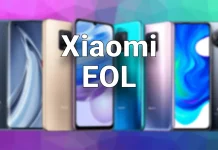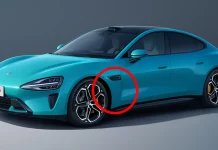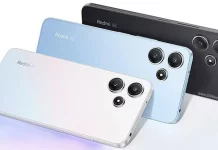From the Facebook acquisition of Oculus to the acquisition of Pico Byte, it's only a matter of time before social content giant Tencent enters the VR/AR space. It is a bit surprising that Tencent has chosen a gaming phone manufacturer.

Several independent sources have informed us that Tencent is planning to acquire the gaming phone company Black Shark Technology. After the acquisition, Black Shark will be integrated into the business group headed by Tencent's Chief Operating Officer Ren Yuxin.
With the completion of the transaction, this hardware manufacturer, which focuses mainly on gaming phones, will also introduce a business transformation following the acquisition. A 36Kr.com Black Shark Technology's future business focus will shift from mobile phones for gaming to VR devices - with Tencent providing the content and Black Shark providing the VR hardware access.
Black Shark Technology was founded in 2017 and funded by Xiaomi. According to information from Tianyancha, "Tianjin Venture Capital Industrial Co., Ltd.", which is wholly owned by Xiaomi, is the main shareholder of Black Shark Technology with 46.4%. Luo Yuzhou, the co-founder and current CEO of Black Shark, was formerly the vice president of Huawei's consumer business in China. Since its inception, Black Shark Technology has launched several mobile phones for gaming. According to industry data, Black Shark is currently the number one manufacturer in the gaming mobile phone market. In the interest of the "Xiaomi System", we have learned that this acquisition has been acknowledged by Xiaomi's top management.
From Facebook to ByteDance, it's only a matter of time before social content giant Tencent enters the VR/AR space.In July 2014, Facebook (now Meta) acquired Oculus for $2 billion, with current shipments exceeding 10 million units. In August 2021, ByteDance bought Pico for 9 billion yuan.
The surprising thing is that Black Shark Technology didn't have a VR background before, so why did Tencent choose to acquire such a gaming mobile phone manufacturer?
Tencent, known for its gaming content, is likely to focus on developing gaming scenes when it enters VR. Compared to Pico, it has the advantage of having enough gaming knowledge and accumulated a certain amount of experience in terms of gamers and game adaptation. On the other hand, VR devices still cannot avoid Qualcomm chips. Over the past four years, Black Shark has also gained sufficient experience in working with Qualcomm and in post-optimizing and tuning the chip platform.
There is no basis for a Tencent and Black Shark collaboration. In January 2020, Tencent Games and Black Shark announced a strategic partnership and launched the Tencent Black Shark Gaming Phone 3.
However, compared to professional VR teams, mobile phone manufacturers are somewhat lacking in VR algorithms and technologies. However, according to industry sources, it is not difficult for mobile phone manufacturers to fill this gap.
Why does Xiaomi want to sell Black Shark?
The transformation of VR is indeed a strategic decision that Black Shark has to make.
The positioning of the three independent mobile phone brands in the Xiaomi system is as follows: Xiaomi is responsible for the high-end, Redmi for the mid-range and low-end, and Black Shark for the gaming mobile phone market segment.
However, the mobile phone market for the game, where Black Shark is located, does not seem to be as broad as originally imagined. The big three Chinese game mobile phone manufacturers entered the game in 2017 and have not really opened up the game mobile phone market. The Chinese mobile game user market is about 700 million, but game mobile phones have always been small. The total shipment in 2020 is only about 1.6 million. Domestic (Chinese) mobile phones are often a fraction of the hundreds of millions shipped.
The turning point in the relationship between Black Shark and Xiaomi happened last year. In April last year, Redmi released the gaming-enhanced version of the K40, a mobile phone focused on games.
"In the end, the trouble came with Lei Jun. There were two camps in Xiaomi. Lu Weibing wanted to do it alone (toy phone), but some leaders supported Black Shark," said a person familiar with the matter. The end result is that Redmi compromised and just integrated this gaming phone into the K40 series.




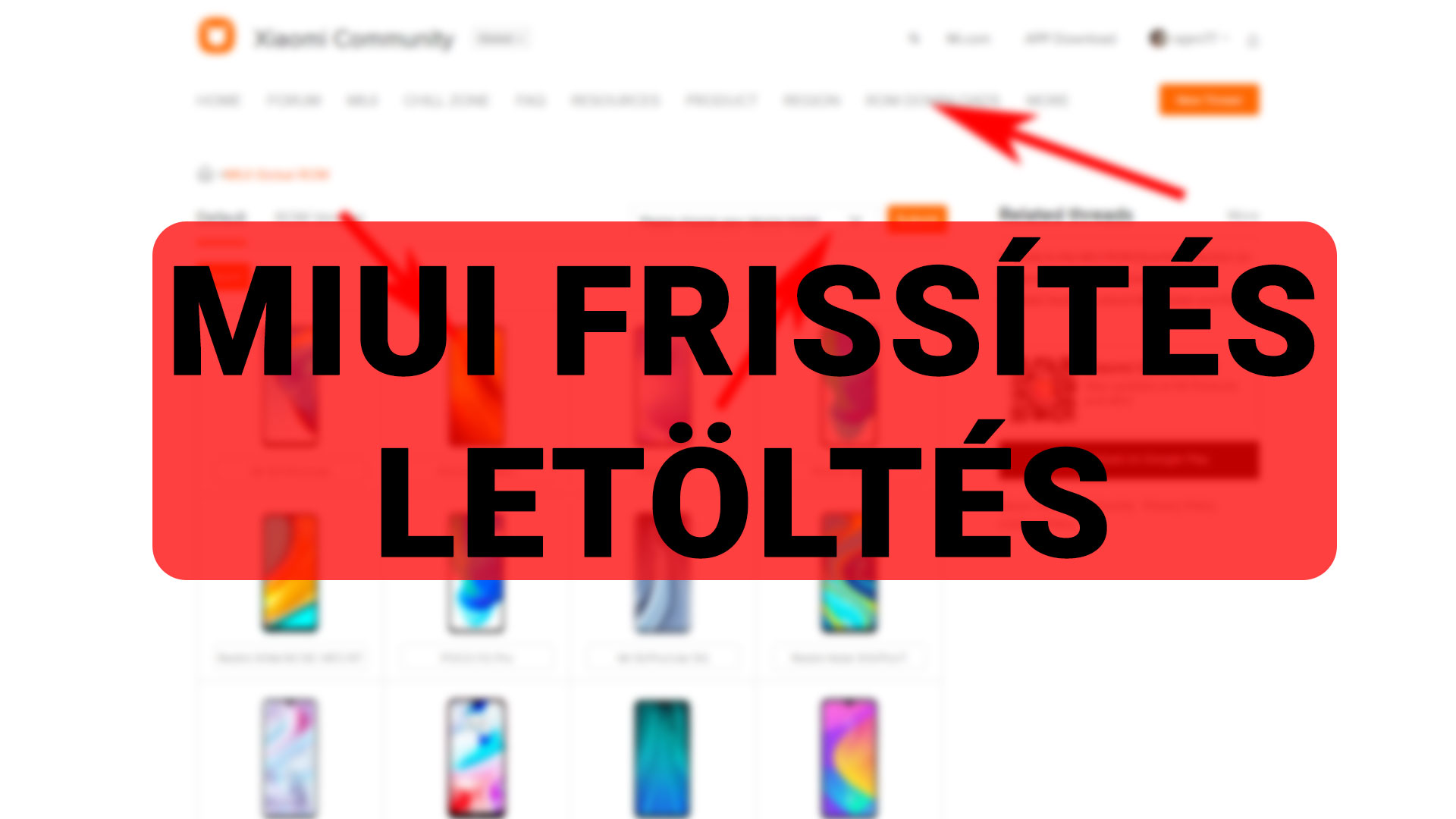

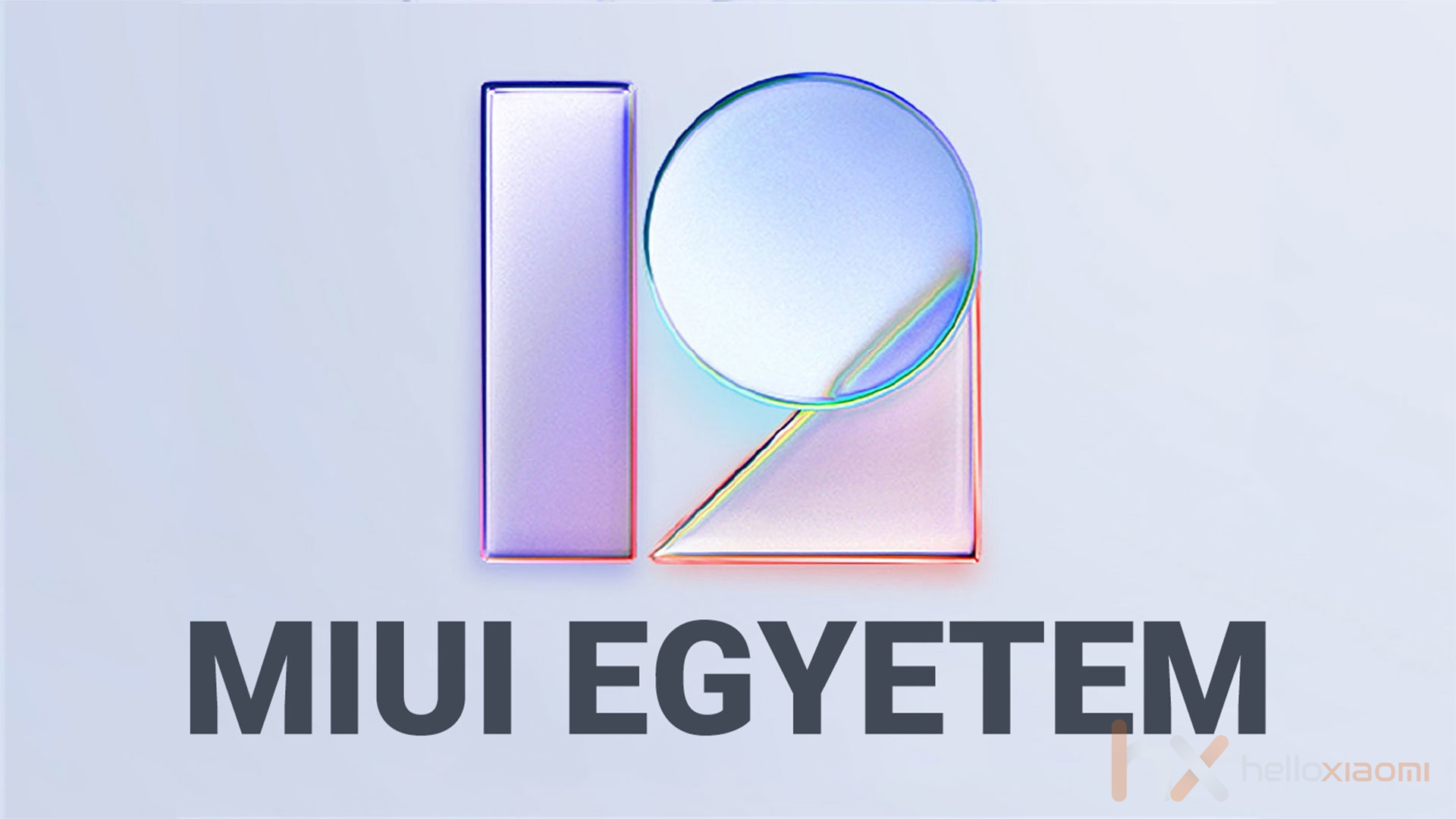
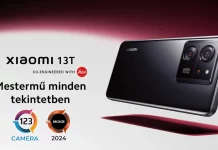






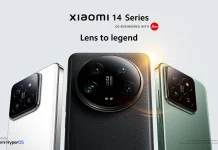


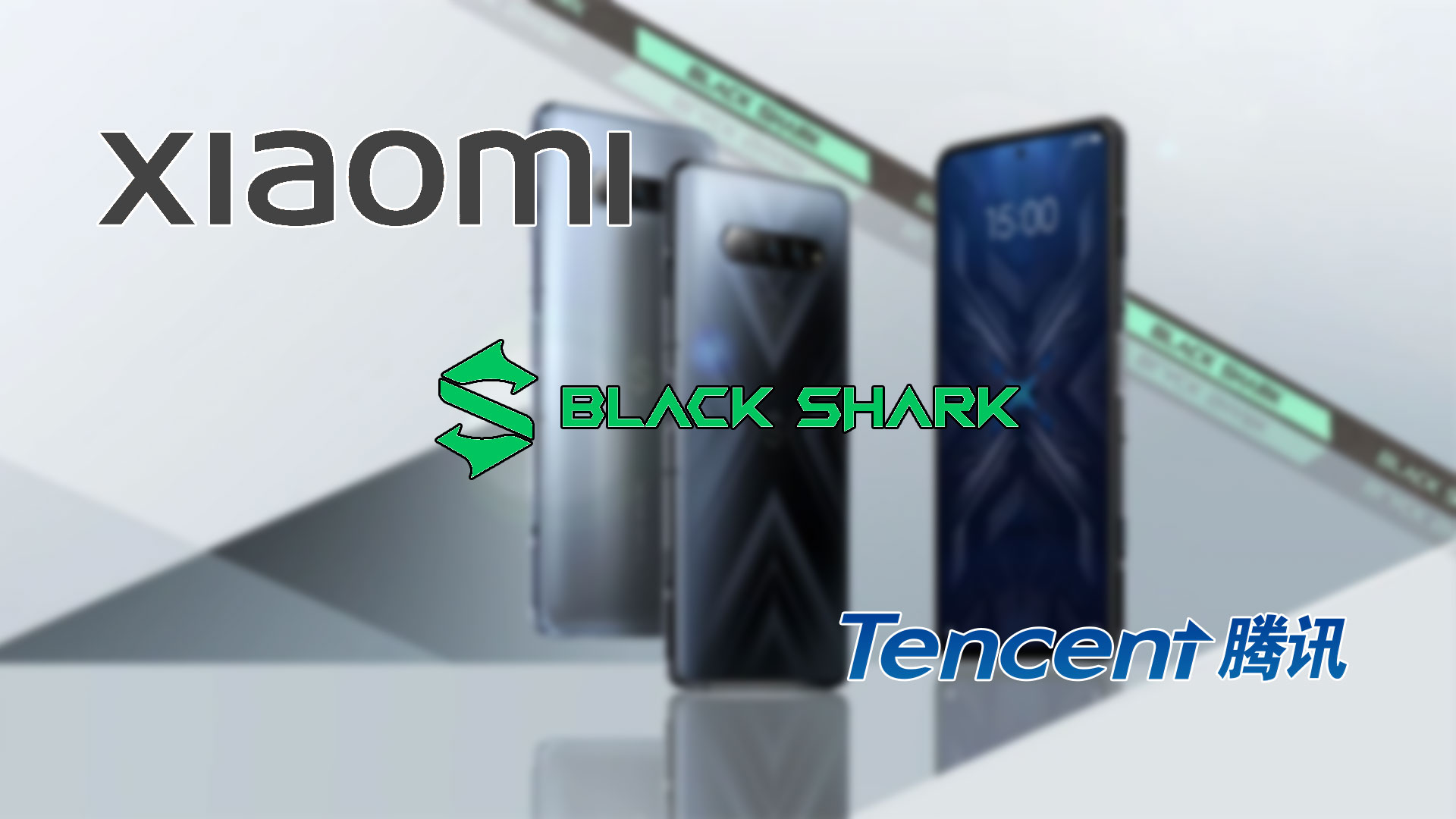
![[150] HyperOS heti hibajelentés](https://helloxiaomi.hu/wp-content/uploads/2024/04/hyperosbugreportindex-218x150.webp)
